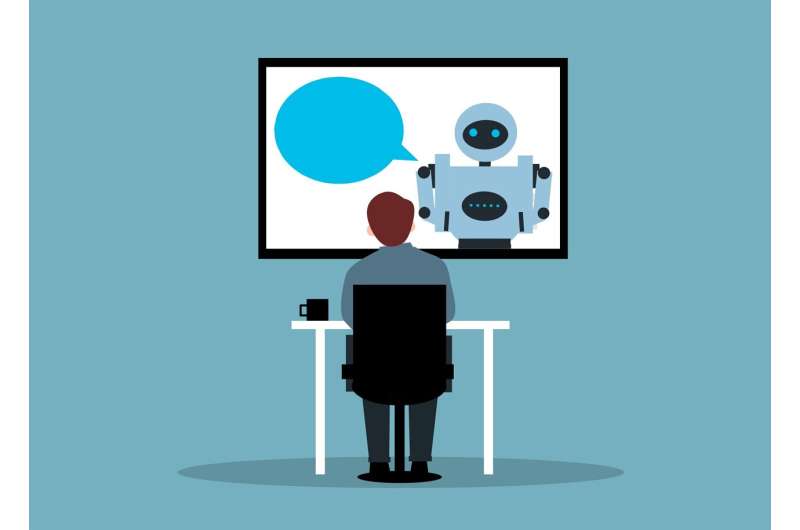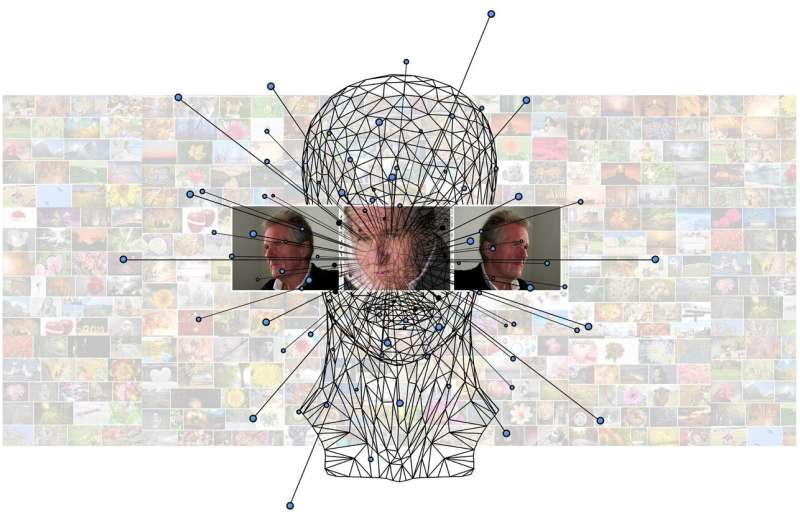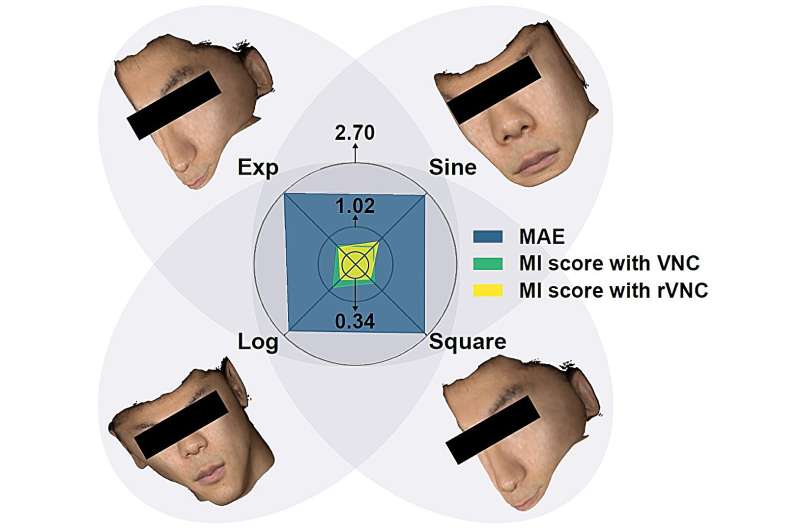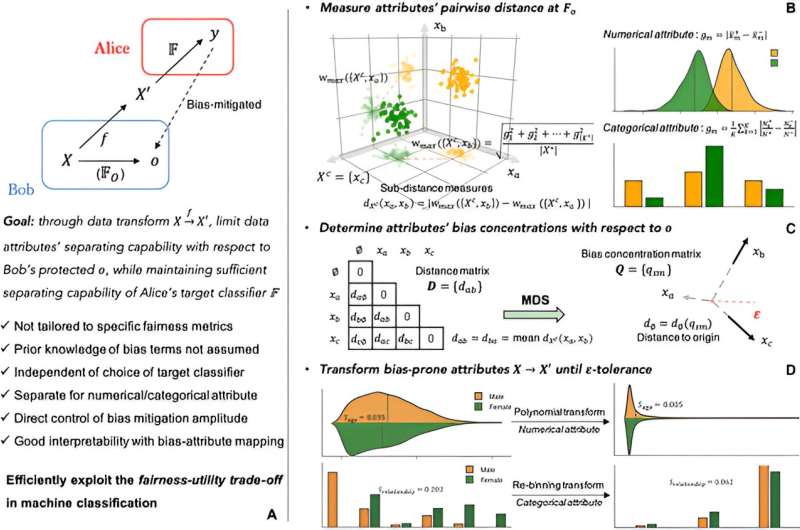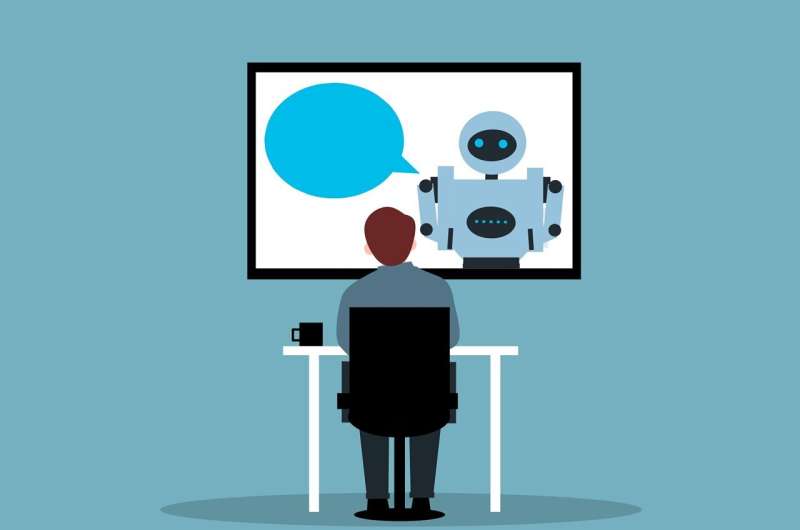
People seem to have little fondness for consumer service bots—so much so that even when an interaction with one is equal in speed and efficiency to that with a human, customers will still report dissatisfaction with the bot.
That’s according to a new international study led by marketing professor Noah Castelo from the Alberta School of Business and published in the Journal of Consumer Research.
In the study, participants who thought they were interacting with a bot—whether or not it actually was—would rate their experience lower, most often because they were convinced automation is intended to benefit the service provider rather than the customer.
“That was somewhat surprising to us,” says Castelo. “Rationally, you would expect that if the service quality is identical, people should be just as satisfied with it, regardless of who’s providing it.”
This perception has negative implications for firms using service bots, he adds, including less willingness for customers to patronize and share positive word of mouth about their experiences.
Rise of the service bots
Service bots are defined as autonomous systems, such as physical robots and digital chatbots, that communicate with and deliver services to customers. They are now used in a growing number of industries, including retail, restaurants, hotels and hospitals, says Castelo. In 2021, the chatbot market was valued globally at $3.8 billion.
In Castelo’s study, participants were randomly assigned to complete transactions with either humans or chatbots. The transactions took place both in physical locations like coffee shops and online with hotel booking agents and phone service providers. In some cases, however, participants were told their chatbot was actually human.
Afterwards, participants took a survey to measure their satisfaction with the service as well as their perceptions of the firm providing the service. The findings revealed that preconceptions or beliefs clearly influenced the outcome.
In one experiment, Castelo and his team were able to overcome the negative bias by introducing a bot that was far faster than a human, while answering all customers’ questions. In that case, the bot received a higher satisfaction rating than the human.
The idea for the study came from Castelo’s own experience changing a flight booking through Expedia. His initial interaction with a human was “frustrating,” he says. “It took them several minutes to respond to each question.”
After Expedia later introduced a fast service bot to help change flights, it was “almost instant,” he says. “So I thought, if this is the future, we should test it.”
Most of Castelo’s research explores consumer perceptions of artificial intelligence and how it affects psychological processes and marketing outcomes. His previous work has examined how automation influences humans’ perceptions of each other. One study, for example, demonstrated how the presence of robots in the workplace can encourage people to recognize their common humanity.
Shelling out for a better bot could pay off
The results of this latest study lead the authors to make two recommendations for firms using service bots. First, invest in the best technology available, so it is clear to customers that the engagement is superior to interaction with a human.
Second, if the bot experience isn’t unambiguously better, offer discounts on products to compensate.
“A lot of the bots you see today are honestly pretty crappy. They don’t really help you with most of your questions, and often just transfer you to a human,” says Castelo.
“But there are higher-quality bots out there that are more expensive but more likely to improve customer satisfaction.”
For companies considering automating customer service, Castelo says waiting until better technology becomes affordable—rather than jumping in with a lower-quality bot—might be the preferred way to go.
More information: Noah Castelo et al, Understanding and Improving Consumer Reactions to Service Bots, Journal of Consumer Research (2023). DOI: 10.1093/jcr/ucad023
Citation: Service bots turn off customers even when they work as well as humans, study shows (2023, December 7) retrieved 8 December 2023 from https://techxplore.com/news/2023-12-bots-customers-humans.html
This document is subject to copyright. Apart from any fair dealing for the purpose of private study or research, no part may be reproduced without the written permission. The content is provided for information purposes only.

